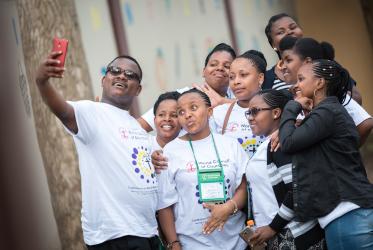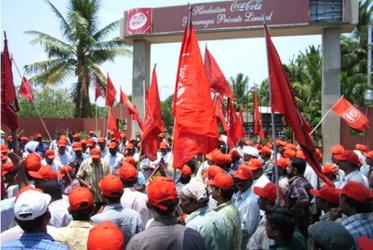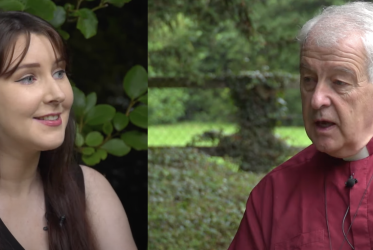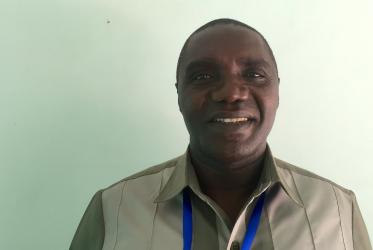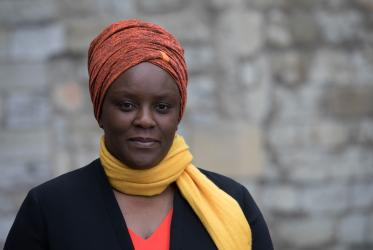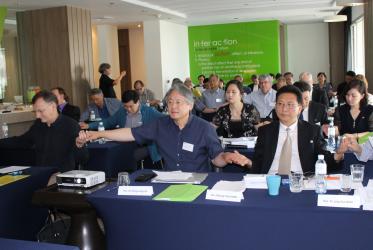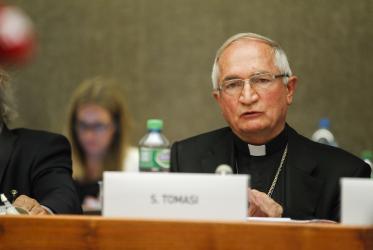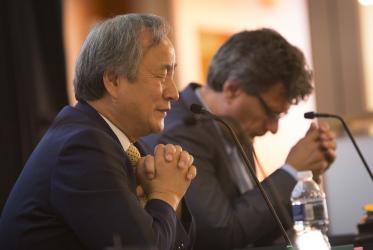Displaying 1 - 20 of 22
ACT Alliance general secretary: “equity is not negotiable”
26 September 2023
Groundwater is “a political question”
27 April 2022
Peace and unity on the Korean Peninsula matters globally
25 February 2021
Bishop Hee-Soo Jung: “Prayer is a radical action”
11 December 2020





